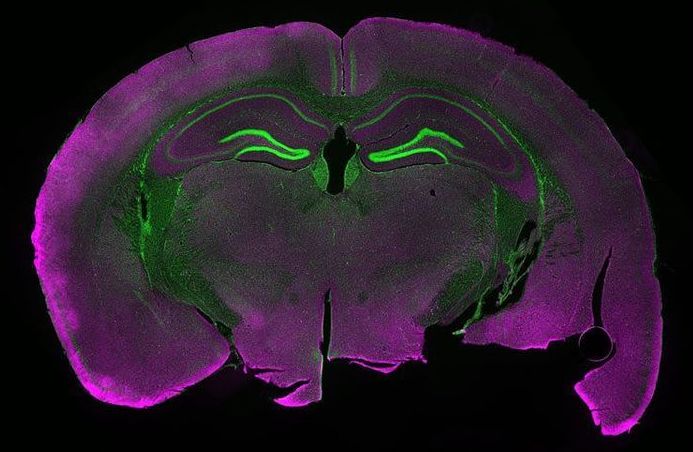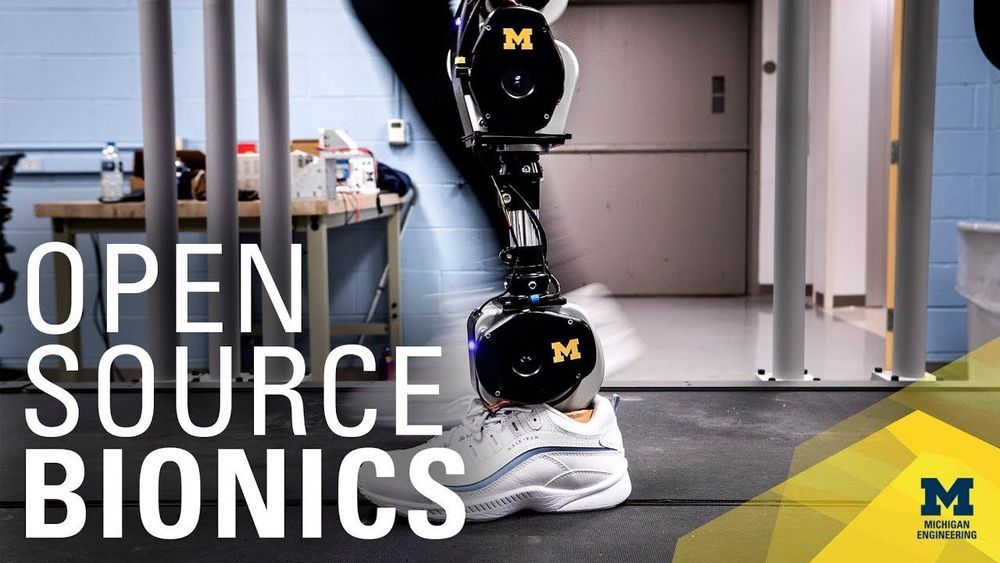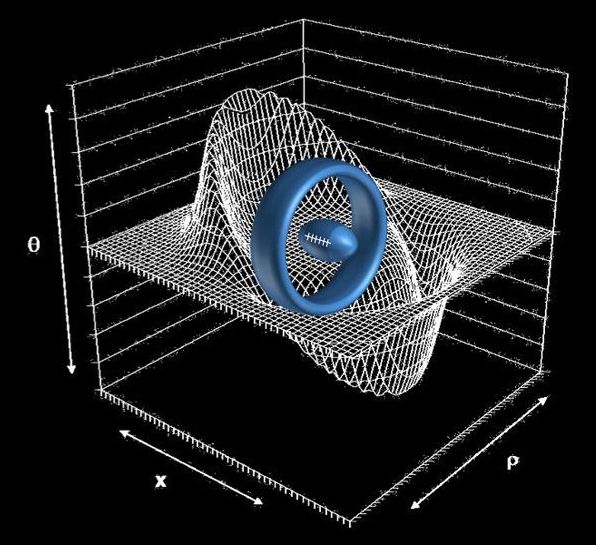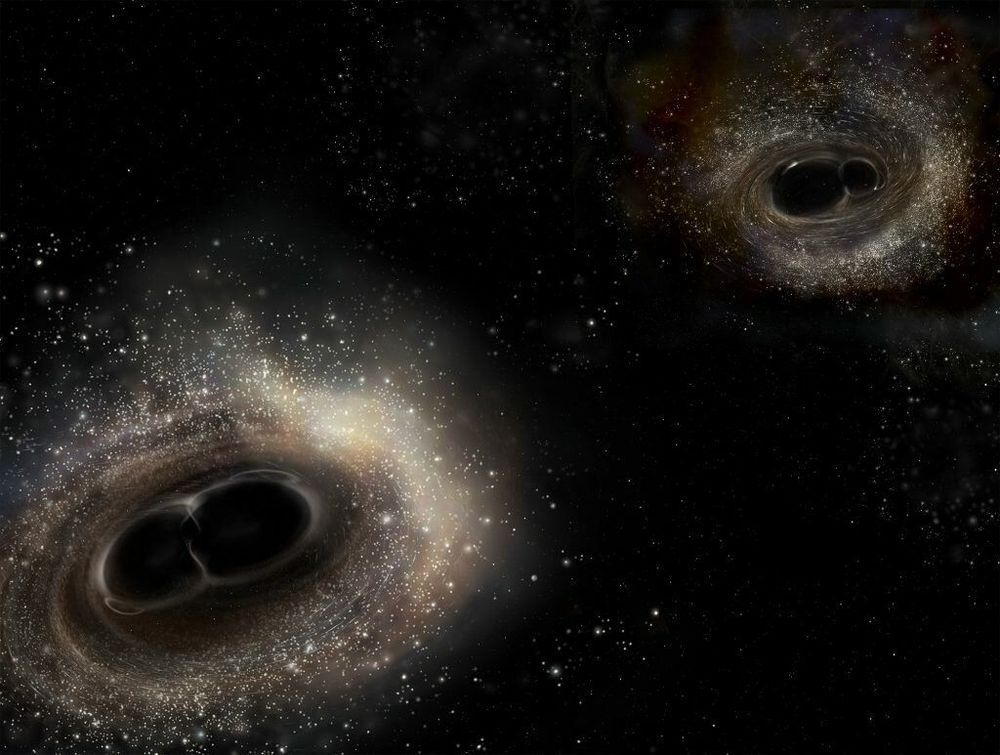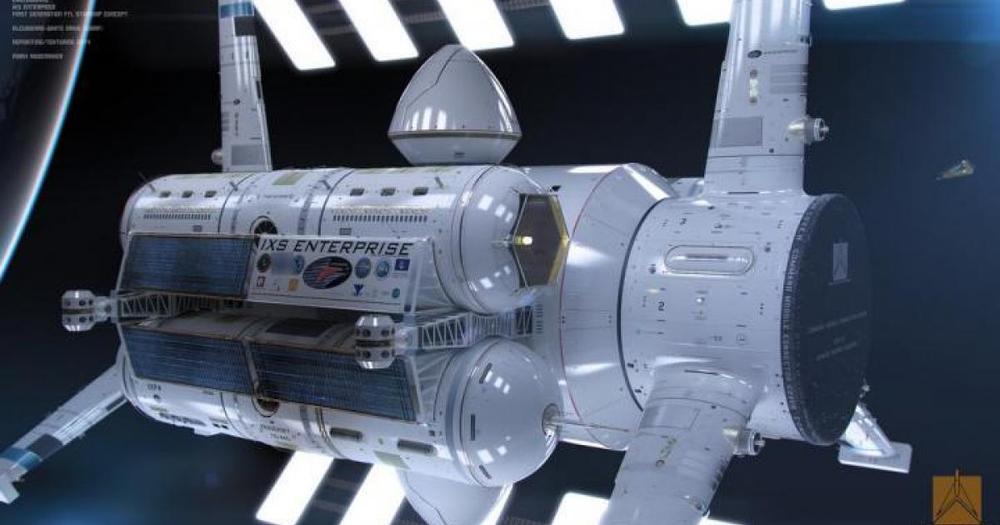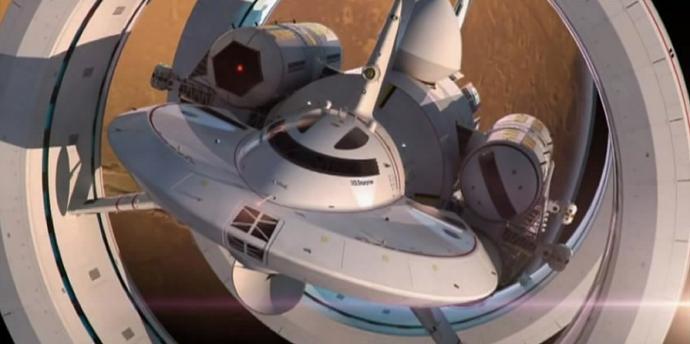Jun 6, 2019
The Crucial Role of Brain Simulation in Future Neuroscience
Posted by Quinn Sena in categories: futurism, neuroscience
“Do we have a chance of ever understanding brain function without brain simulations?” So asked the Human Brain Project (HBP), the brainchild of Henry Markram, in a new paper in the prestigious journal Neuron.
The key, the team argued, is to consider brain simulators in the vein of calculus for Newton’s laws—not as specific ideas of how the brain works, but rather as a programming language that can execute many candidate neural models, or programs, now and in the future. When viewed not as a vanity project, but rather as the way forward to understand—and eventually imitate—higher brain functions, the response to brain simulation is a resounding yes.
Because of the brain’s complexity and chaotic nature, the authors argue, rather than reining in simulation efforts, we need to ramp up and develop multiple “brain-simulation engines” with varying levels of detail.
Continue reading “The Crucial Role of Brain Simulation in Future Neuroscience” »
